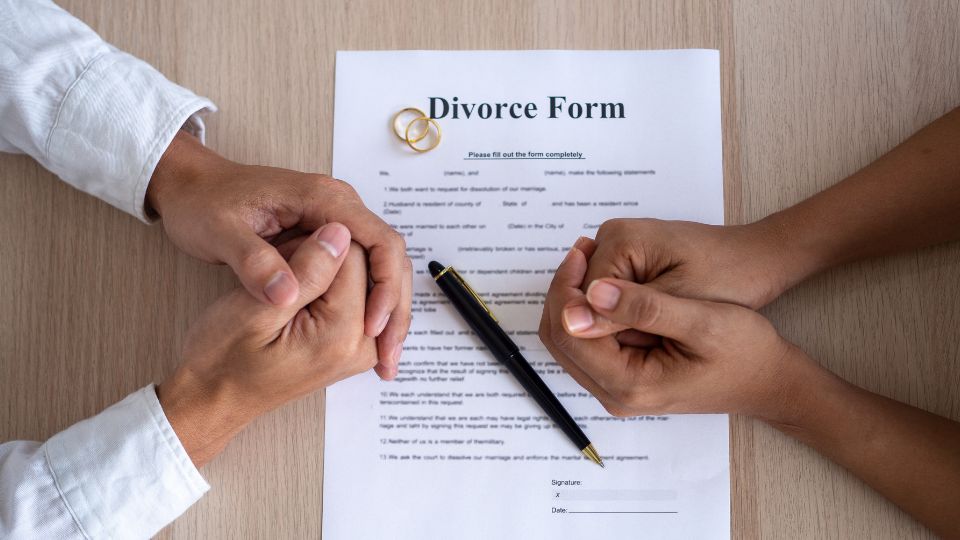Division of Assets in UAE Divorce Cases: Financial Settlements Explained
Divorce is not only an emotional process but also a financial one, where the division of assets often becomes the most complex issue. In the UAE, financial settlements during divorce are guided by a mix of Sharia principles, personal status laws, and civil procedures, depending on the circumstances of the couple and their chosen legal framework.

How Assets Are Divided in UAE Divorce Cases
Unlike some countries that follow a strict 50-50 split, the UAE does not have an automatic formula for dividing marital assets. Instead, the court examines:
- Ownership Documents – Assets registered under one spouse’s name are generally considered their property unless proven otherwise.
- Financial Contributions – The court may take into account how each spouse contributed financially or otherwise to the acquisition of assets.
- Prenuptial or Postnuptial Agreements – Valid agreements signed before or during the marriage can influence how assets are distributed.
Common Assets in Divorce Settlements
The assets typically considered during divorce include:
- Real estate, such as family homes or investment properties.
- Bank accounts and savings.
- Vehicles and other high-value items.
- Business interests.
- Liabilities such as loans and mortgages, which may also be divided.
Spousal and Child Support Considerations
In addition to dividing assets, financial settlements often include obligations such as:
- Spousal Support (Nafaqa): The husband is legally required to provide financial support to his wife during the waiting period (iddah) and, in some cases, beyond.
- Child Support: The non-custodial parent, usually the father, is expected to cover housing, education, medical, and other living expenses for the children.
Role of the Courts
The UAE courts prioritize fairness while respecting cultural and legal traditions. Expatriates have the option to request the application of their home country’s laws, provided proper documentation is submitted. This can significantly impact how assets and financial responsibilities are divided.
How TLG: The Legal Group Assists in Asset Division
Divorce and asset division in the UAE require precise legal handling. Saif Al Shamsi, founder of TLG: The Legal Group, provides expert support by:
- Advising clients on whether UAE law or their home country’s law is more favorable.
- Reviewing financial records and asset ownership documents to protect client rights.
- Negotiating fair settlements while minimizing conflict.
- Representing clients in court to ensure financial claims are strongly presented.
- Helping expatriates navigate cross-border legal complexities.
With deep experience in family and financial law, TLG ensures clients approach divorce with clarity and security, avoiding costly mistakes.
Conclusion
The division of assets in UAE divorce cases is not straightforward but depends on ownership, contributions, and applicable laws. Courts aim for fairness, but protecting your financial future requires careful preparation and expert guidance. Understanding your rights and obligations is the first step toward a smoother settlement and a more secure future.
